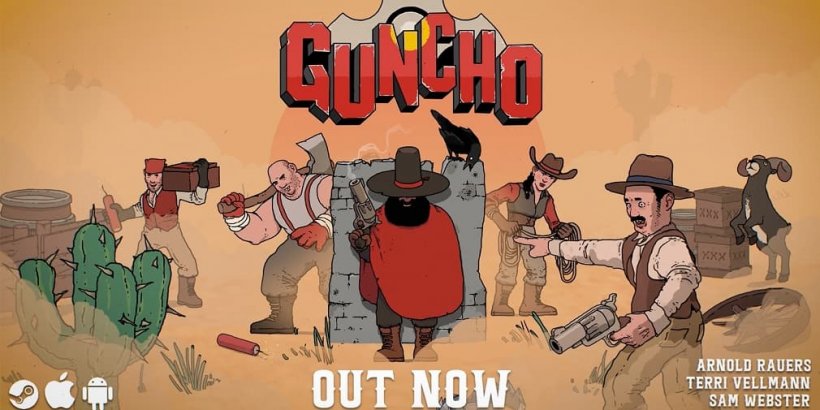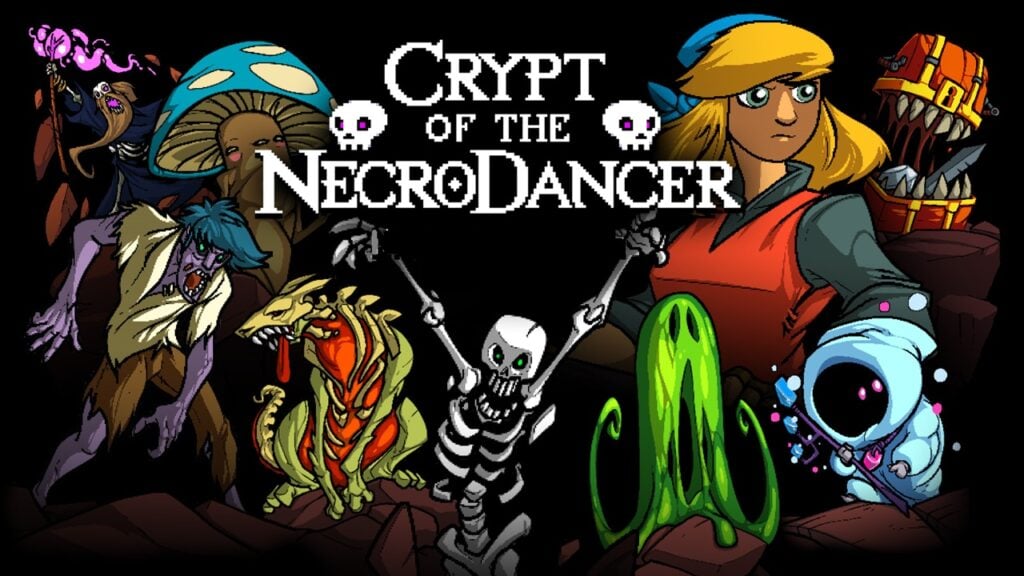 After 33 years as a leading voice in gaming journalism, Game Informer has been abruptly shut down by GameStop. This unexpected closure leaves behind a legacy of insightful reporting and a community reeling from the sudden loss. This article explores the announcement, Game Informer's history, and the emotional reactions of its staff.
After 33 years as a leading voice in gaming journalism, Game Informer has been abruptly shut down by GameStop. This unexpected closure leaves behind a legacy of insightful reporting and a community reeling from the sudden loss. This article explores the announcement, Game Informer's history, and the emotional reactions of its staff.
Game Informer's Final Chapter
GameStop's Decision and the Announcement
On August 2nd, Game Informer's Twitter (X) account delivered the shocking news: the magazine and its website were ceasing operations immediately. This closure ended a 33-year run, leaving fans and industry professionals stunned. The announcement acknowledged the magazine's journey from the early days of video games to the current era of immersive virtual worlds, expressing gratitude to its readers. While the publication is gone, the spirit of gaming it championed will endure.
The magazine's staff, including those who contributed to its website, podcast, and video documentaries, received the news during a Friday meeting with GameStop's VP of HR. They were informed of immediate layoffs, with severance details to follow. Issue #367, featuring Dragon Age: The Veilguard on the cover, will be its last. The entire website has been removed, replaced by a farewell message, effectively erasing decades of gaming history.
A Look Back at Game Informer's History
 Game Informer (GI) was a prominent American monthly video game magazine, offering articles, news, strategy guides, and reviews of games and consoles. Its origins trace back to August 1991 as an in-house newsletter for FuncoLand, a video game retailer. GameStop acquired the magazine when it purchased FuncoLand in 2000.
Game Informer (GI) was a prominent American monthly video game magazine, offering articles, news, strategy guides, and reviews of games and consoles. Its origins trace back to August 1991 as an in-house newsletter for FuncoLand, a video game retailer. GameStop acquired the magazine when it purchased FuncoLand in 2000.
Game Informer Online debuted in August 1996, providing daily news and articles. The original site was closed around January 2001 as part of the GameStop acquisition. A redesigned GI Online relaunched in September 2003, offering a review database, frequent news updates, and subscriber-exclusive content.
 A major website redesign launched in October 2009, coinciding with a magazine redesign. New features included a media player, user activity feeds, and user reviews. The popular podcast, "The Game Informer Show," also debuted at this time.
A major website redesign launched in October 2009, coinciding with a magazine redesign. New features included a media player, user activity feeds, and user reviews. The popular podcast, "The Game Informer Show," also debuted at this time.
In recent years, GameStop's struggles following the decline of physical game sales negatively impacted Game Informer. Despite GameStop's financial gains from its meme stock surge, the company implemented job cuts across its operations, including recurring layoffs at Game Informer. After removing physical copies from its rewards program, GameStop recently allowed Game Informer to sell directly to subscribers, a move that hinted at potential independence or a sale, but ultimately proved futile.
The Staff's Response
 The sudden closure left Game Informer's employees shocked and heartbroken. Many expressed their disbelief and sadness on social media, sharing memories and frustration over the lack of warning. Former staff, some with decades of service, lamented the loss of their work and the magazine's legacy. Reactions ranged from heartfelt tributes to anger over the abrupt termination. Comments included observations about the unfinished next issue and the immediate loss of years' worth of content.
The sudden closure left Game Informer's employees shocked and heartbroken. Many expressed their disbelief and sadness on social media, sharing memories and frustration over the lack of warning. Former staff, some with decades of service, lamented the loss of their work and the magazine's legacy. Reactions ranged from heartfelt tributes to anger over the abrupt termination. Comments included observations about the unfinished next issue and the immediate loss of years' worth of content.
The official Konami account on X offered condolences, highlighting the fond memories associated with the magazine. Former employees, including the former editor-in-chief with a 29-year tenure, shared their profound disappointment. Even the uncanny resemblance of the farewell message to one generated by ChatGPT was noted, adding another layer of complexity to the situation.
 Game Informer's closure signifies a significant loss for gaming journalism. For 33 years, it served as a cornerstone of the gaming community, offering in-depth coverage and insightful analysis. Its abrupt end underscores the challenges facing traditional media in the digital age, leaving a void that will be felt for years to come. The memories and contributions of Game Informer will remain a lasting part of gaming history.
Game Informer's closure signifies a significant loss for gaming journalism. For 33 years, it served as a cornerstone of the gaming community, offering in-depth coverage and insightful analysis. Its abrupt end underscores the challenges facing traditional media in the digital age, leaving a void that will be felt for years to come. The memories and contributions of Game Informer will remain a lasting part of gaming history.
 Home
Home  Navigation
Navigation






 Latest Articles
Latest Articles







 Latest Games
Latest Games












